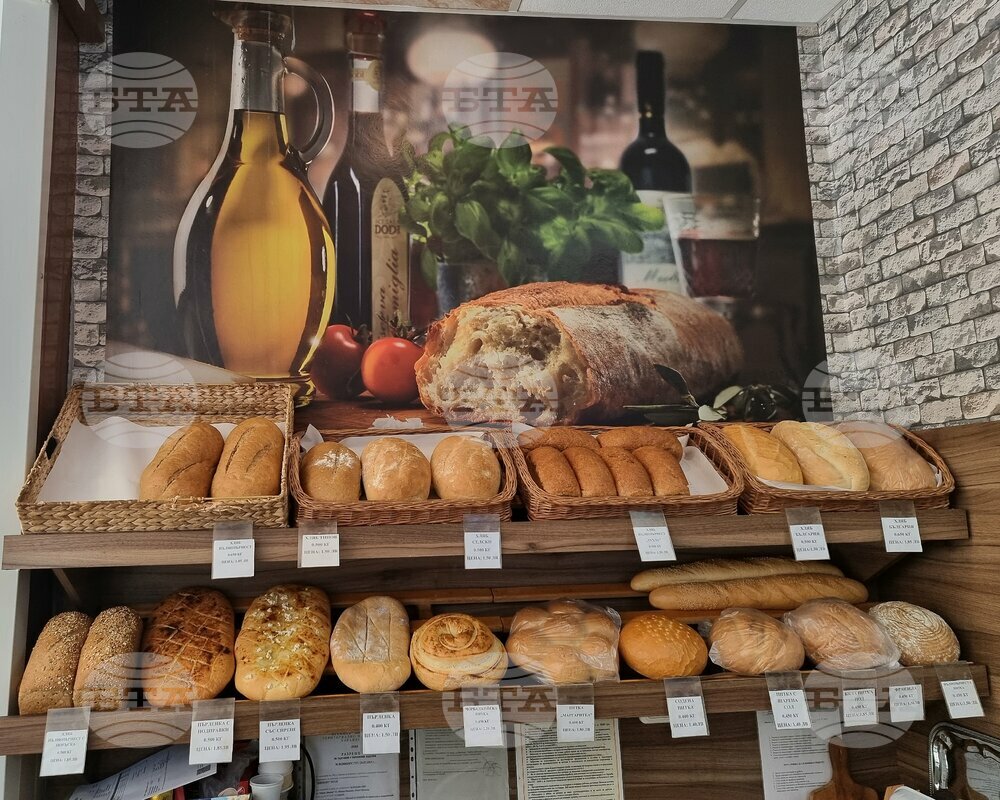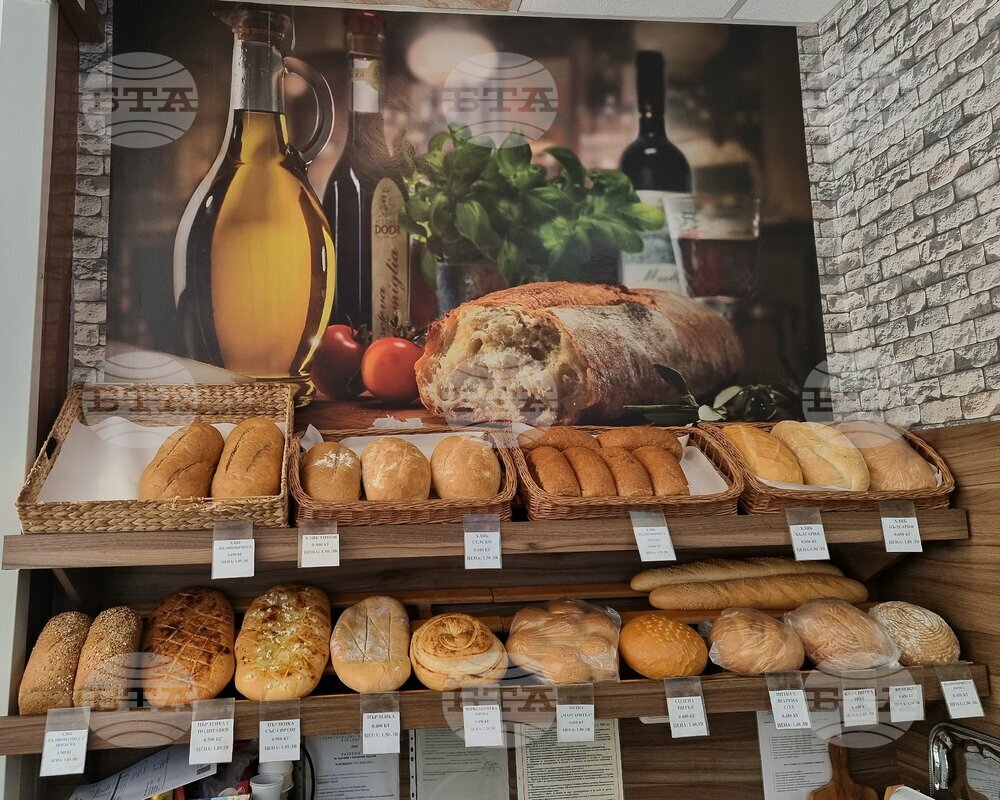site.btaBread Prices Go Up across Bulgaria as VAT Is Set Back at Standard 20% Rate


Bread prices are on the rise across Bulgaria as value added tax (VAT) on bread and flour was set back at the standard rate of 20% as of January 1, 2025, following a period of zero VAT beginning from 2022.
The price of a standard loaf of white bread in Stara Zagora Region increased by BGN 0.30 on Wednesday, BTA found. For other types of bread, the increase is as high as BGN 0.50. The price of flour in the region's stores remains unchanged, retailers said.
In the regional capital Stara Zagora, a loaf of bread has appreciated to BGN 1.70 from BGN 1.30. In addition to the reimposition of the standard VAT rate, the price of bread has been influenced by price hikes for water and electricity, the Hleboproizvodstvo SZ company told BTA. Since January 1, the price at which the company sells bread to retailers varies between BGN 1.56 and BGN 1.60 for a standard 600 g loaf. The company does not rule out a further rise due to an increase in the minimum wage in Bulgaria as well as higher water and electricity costs.
In Kazanlak, the second most populous town in Stara Zagora Region, a 600 g loaf of white bread now reaches retailers at a price of BGN 1.55 compared with BGN 1.30 until the end of last year. This is an increase of 20%, as much as the rise in VAT, the management of the Kazanlak Hlyab plant in the nearby village of Rozino told BTA. In local stores, customers now pay BGN 1.69 compared with BGN 1.39 last week. Prices are the same for the output of other local bread plants as well.
Small bakeries in Stara Zagora and Kazanlak have increased their output prices, too. In some bakeries, the increase is planned for next week.
BTA correspondents have sent in similar reports from Pernik, Montana, Targovishte, Lovech, Haskovo, Razgrad, Veliko Tarnovo and Plovdiv, among other places.
"Consumers were not surprised by the hike," said Volodya Mitov, who owns a shop in downtown Pernik. He noted that electronic cash registers had to be adjusted very quickly to the VAT change.
Georgi Vaklinov, a retailer selling banitsa (cheese pie) in Pernik, complained that it is unfeasible to fully adjust the price of the product to the new VAT rate because people would stop buying it.
Small bakeries in Veliko Tarnovo cannot afford to raise the price of bread by 20%, business owner Georgi Stanchev said for BTA. His bakery, Sweet Corner, can handle an increase of 10% to 15% without affecting the quality of the bread and the wages of the workers.
Valeri Krastev, owner of Valka, the largest bread supplier in Montana, expects local bread prices to grow by between 20% and 25% in the coming days.
Retailers in Targovishte said that customers are making uncomplimentary remarks about the bread hike, but of course, they continue to buy bread because it is a staple food.
Customers in Troyan, Lovech Region are not showing signs of discontent as they were obviously prepared for the change, according to Penka Hristova, a grocery shop assistant. She said the rise in the price of bread is felt most strongly by large households, who usually buy several loaves every day but typically earn low incomes.
An entrepreneur in the regional capital Lovech argued that, in the rest of Europe, VAT on foods, medicines and books is nowhere as high as 20%, except in Denmark, where the standard rate is 25%. "Even in Turkiye, which is said to be an underdeveloped country, the tax is 9%," said Adelin Dermanski, CEO of the Melisa bread plant.
"Data about our sales is fed into a special software program. We have simply set a 20% increase of the current prices, and the corresponding information has automatically reached our clients," said Reihan Demirov, CEO of the Progress Bread Plant in Razgrad. He is worried that another bread hike is likely in February, because the impact of rising electricity, water, gas and wage costs cannot be assessed until the middle of February.
/VE/
news.modal.header
news.modal.text